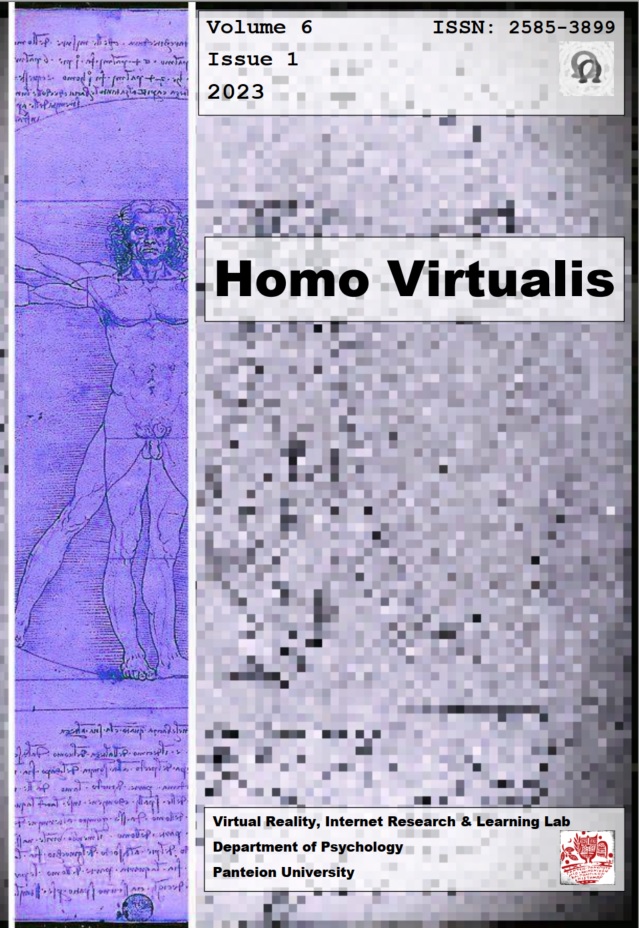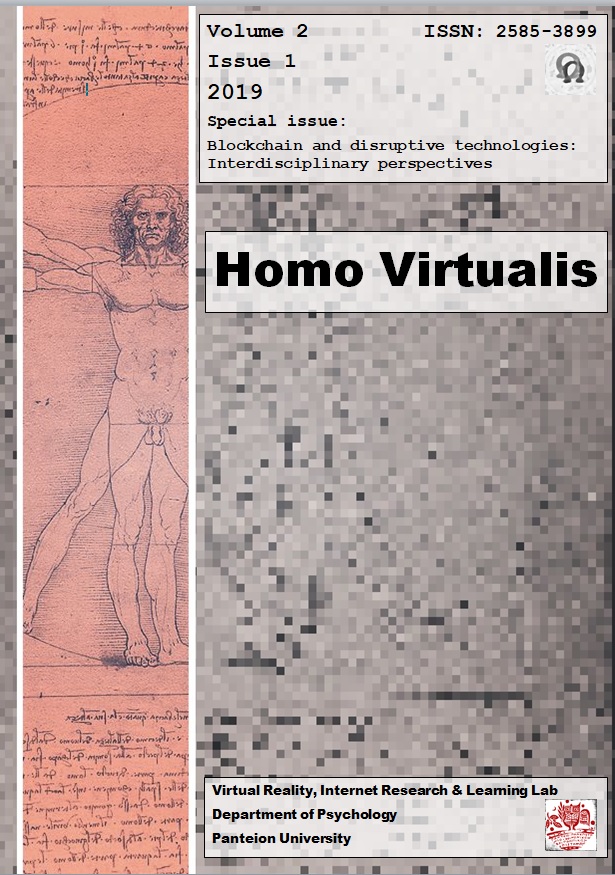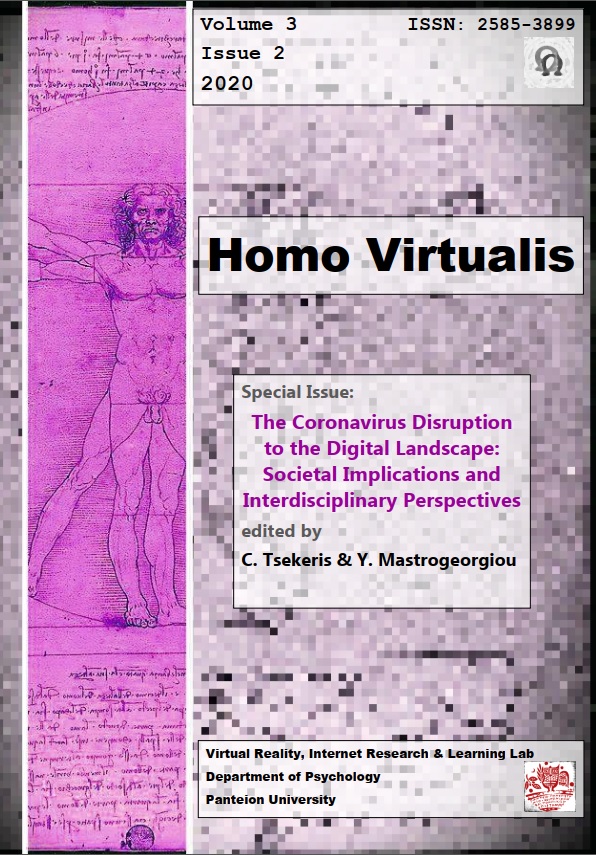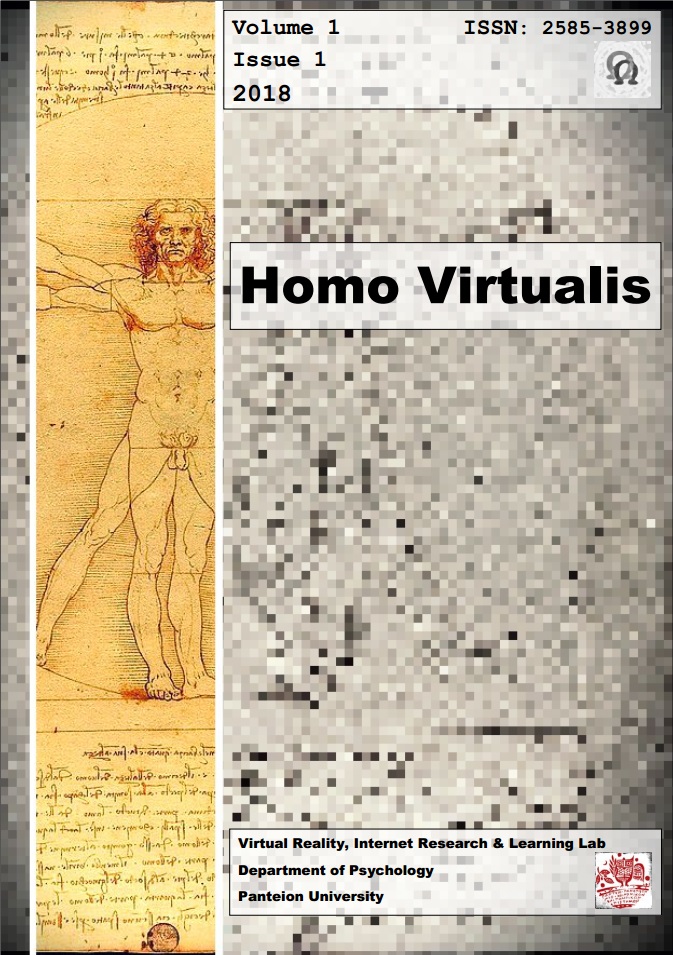The new technological condition: From actor-centered to data-driven and future-oriented technology
Abstract
In the ongoing process of the dynamical transformation of the knowledge basis of our contemporary society, under conditions co-shaped by the emerging “data-driven” and “future-oriented” technologies, a new logic comes to the fore, which has to do with the triumphant rise of networks and other phenomena pertaining to an enormous technological complexity. This review article turns its analytic attention on the hidden order forming the dominant model of the network society, as well as on the fundamental disruptive changes brought with the rise of information and knowledge to a central economic factor. Then, it elaborates on the preceding models of the society of individuals and the society of organizations, which were integrated in the reshaping and remodeling processes of the network society. The conclusions concern the unprecedented disconnection between the consciousness of the individuals and the domain of human experience, as well as between the specialized knowledge and the life-worlds of the citizens.
Article Details
- How to Cite
-
Tsekeris, C., & Zeri, P. (2023). The new technological condition: From actor-centered to data-driven and future-oriented technology. Homo Virtualis, 6(1), 125–137. https://doi.org/10.12681/homvir.35970
- Section
- Articles

This work is licensed under a Creative Commons Attribution 4.0 International License.
Authors who publish with this journal agree to the following terms:
· Authors retain copyright and grant the journal right of first publication with the work simultaneously licensed under a Creative Commons Attribution License that allows others to share the work with an acknowledgement of the work's authorship and initial publication in this journal.
· Authors are able to enter into separate, additional contractual arrangements for the non-exclusive distribution of the journal's published version of the work (e.g. post it to an institutional repository or publish it in a book), with an acknowledgement of its initial publication in this journal.
· Authors are permitted and encouraged to post their work online (preferably in institutional repositories or on their website) prior to and during the submission process, as it can lead to productive exchanges, as well as earlier and greater citation of published work.






